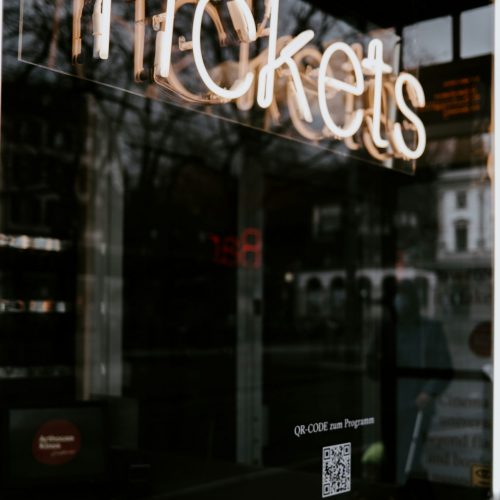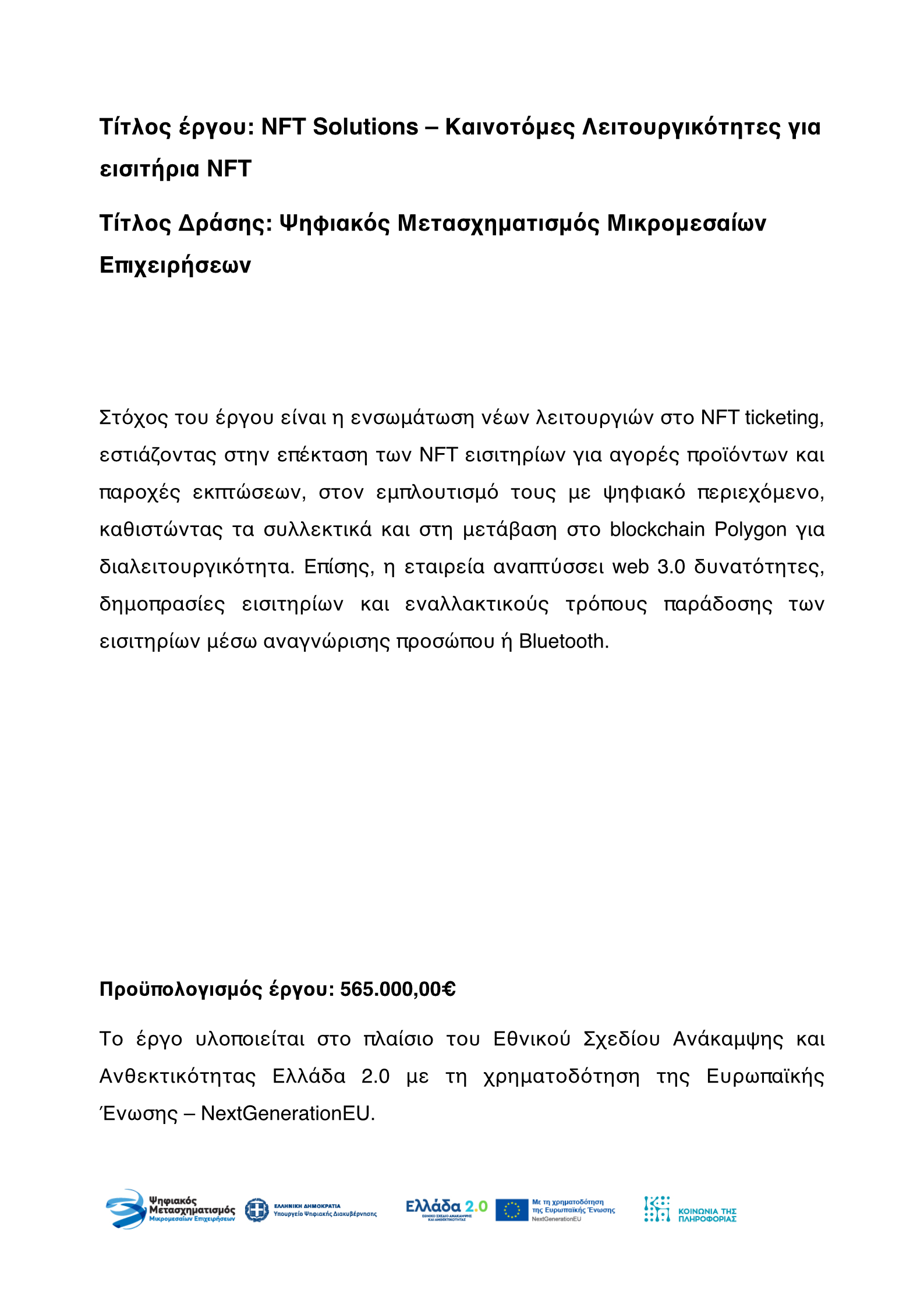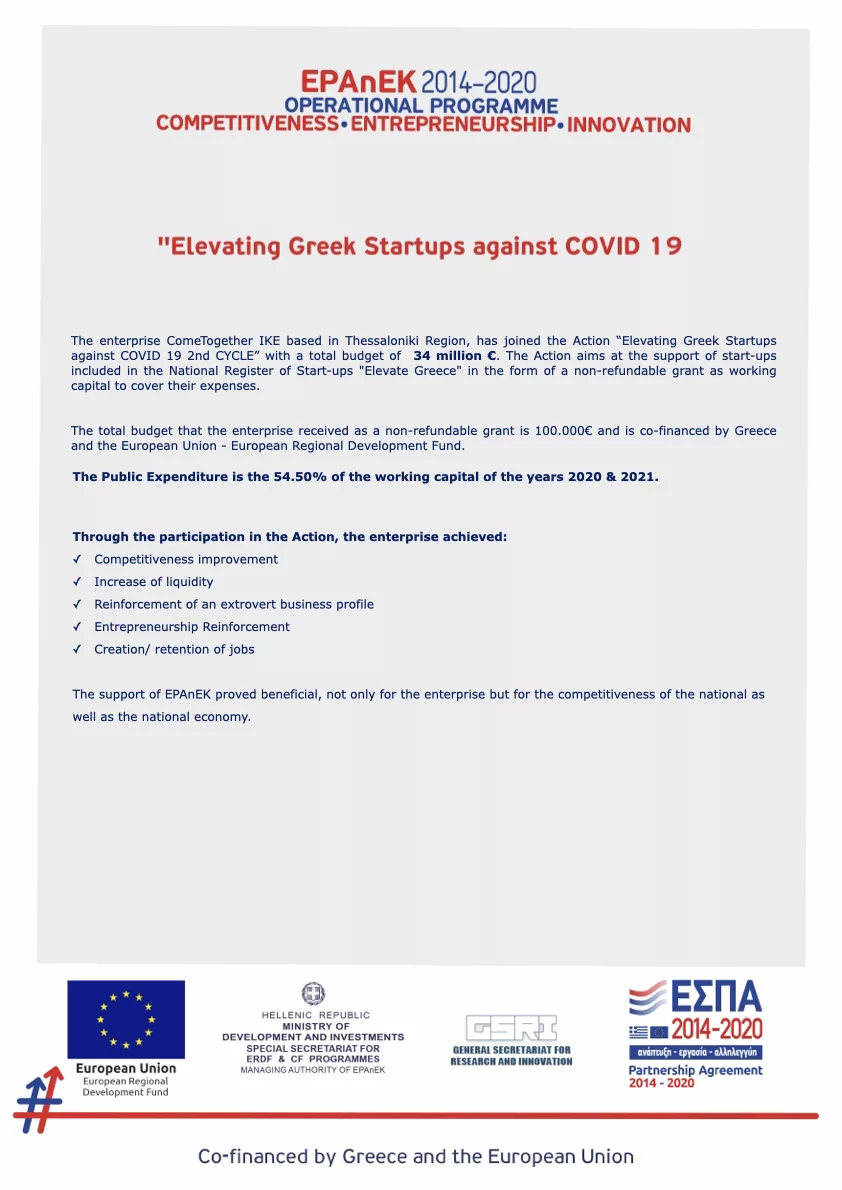Technology first brand protection!
Event organizers today face a critical challenge: how to capture value from the $3.4 billion secondary ticket market while preserving brand integrity and fan relationships. The ticket resale ecosystem is undergoing fundamental transformation, driven by blockchain innovations, AI-powered pricing algorithms, and regulatory enforcement demanding greater transparency. Organizations that successfully navigate this landscape can recover 15-25% of secondary market value through strategic technology implementation and partnership models.
The convergence of emerging technologies offers unprecedented opportunities for revenue generation without brand erosion. However, execution requires careful balance between profit maximization and customer trust, as demonstrated by recent industry crises and regulatory interventions.




















